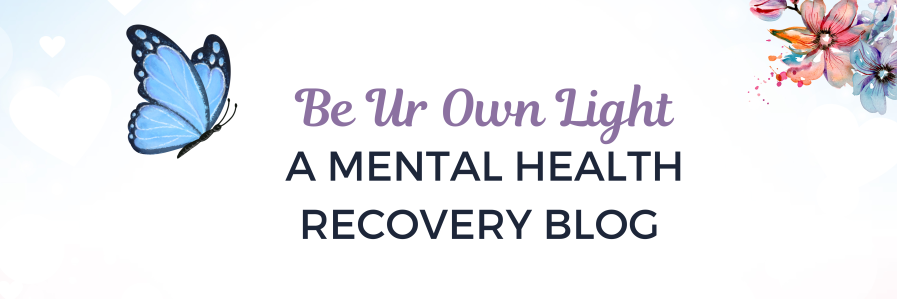
(image: Kindel Media)
A car accident can be a traumatic experience that can leave a lasting emotional impact on a person. It’s so important to not only look after your physical wellbeing but to also prioritise your emotional wellbeing. Here are some effective ways to cope with emotional trauma after a car accident.
Allow Yourself to Feel Your Emotion
Emotional reactions are common after a car accident, such as shock, nervousness, or panic. These feelings are natural and normal but also can be overwhelming. It is essential to recognize and label your emotions, express them in a healthy way, and avoid suppressing them. Consider talking to a friend, family member, or professional counselor to help you process all that you’re feeling and experiencing.
Self-Care Practices
After a car accident, it is crucial to care for yourself, physically and mentally. Engage in self-care practices such as taking walks, meditating, listening to music, taking a relaxing bath, or other activities you find calming and comforting. Eat well-balanced meals, get enough sleep and avoid alcohol and drugs that may escalate your emotional reactions.
Reach Out For Support
A car accident is an extremely stressful event. If you’re finding it difficult to manage your emotions, it may be helpful to reach out for support. You can talk with a friend or family member or join a support group for people who have experienced car accidents. Professional counselors and mental health experts also can help you learn how to process and cope with your emotions.
Speak to Legal Help
After an accident, it is common to seek legal guidance to navigate compensation and payment for damages and injuries. During this process, if you experience anxiety or depression, talking to a legal professional may be beneficial. To lessen the burden of insurance claims, a car accident injury lawyer can help secure compensation and provide emotional support for their clients.
Be Patient with Yourself
Recovery and healing from emotional distress can take time and patience. Allow yourself the time and space you need to recover. It’s crucial to keep communicating your needs and emotions with friends, family, and professionals who can help support you through your healing process. You might not feel ready to drive again due to the accident. And that’s okay. Allow yourself time to heal and get back into the swing of things.
A car accident can be a life-changing event that can have a lasting impact on your physical and emotional well-being. Coping with emotional trauma after a car accident can be overwhelming, but it is possible with the right tools and support. Practice patience with yourself, seek the help of qualified professionals, and prioritise your self-care practices. Together, these steps will help you heal and rebuild after a car accident.
This article is written by Lizzie Weakley.



